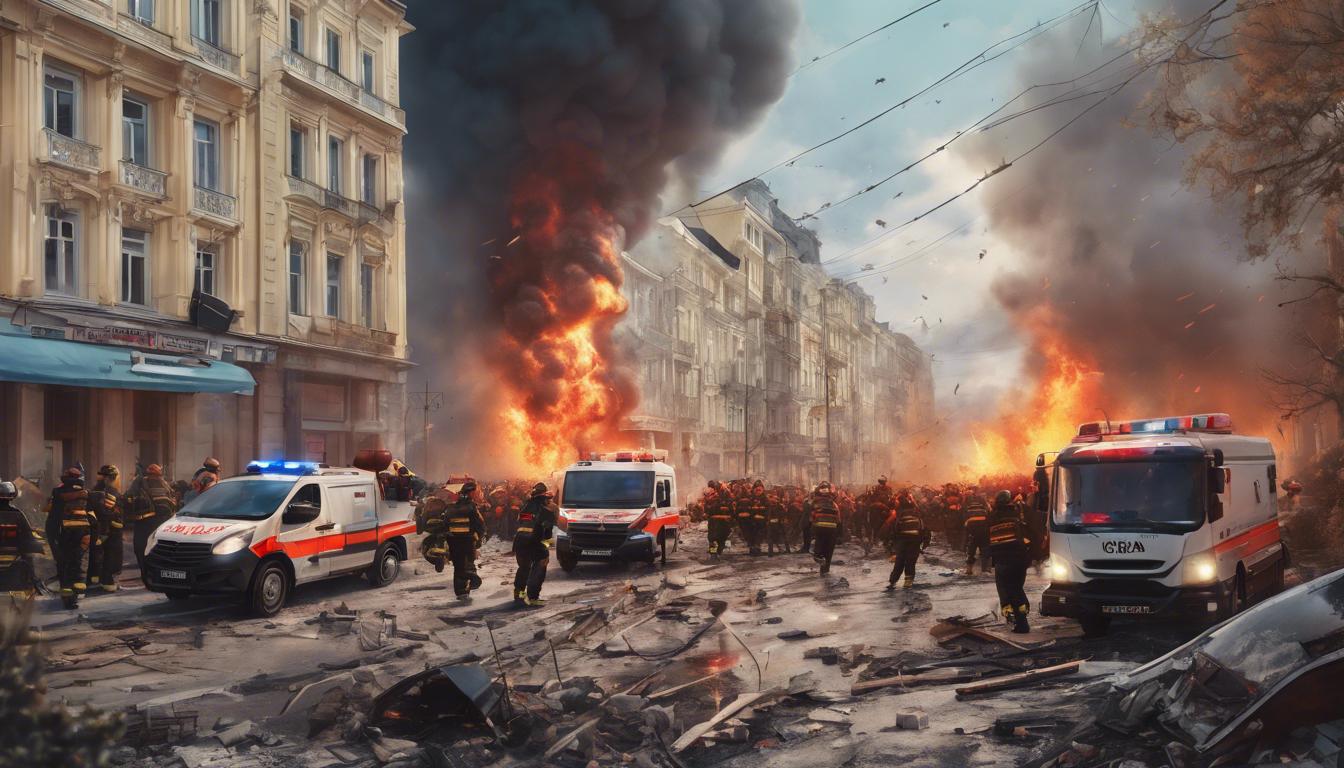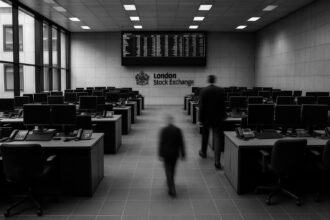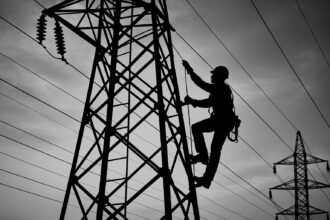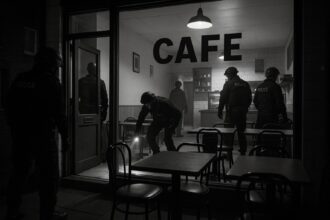The conflict between Russia and Ukraine escalates with a deadly missile attack in Odesa, political movements within Russia, and international responses heightening tensions.
The recent escalations in the conflict between Russia and Ukraine have led to several significant developments, including tragic losses, international responses, and political activities within Russia. In the southern Ukrainian port city of Odesa, a Russian ballistic missile attack resulted in 21 fatalities, marking this as the most lethal assault in recent weeks. The incident also left over 75 individuals injured, with 40 hospitalized due to the severity of their conditions. This attack was part of a broader escalation that saw Ukrainian shelling in the Russian border town of Belgorod, claiming two lives, and drone strikes on Rosneft oil refineries in Russia’s Samara region, igniting a fire at one of the facilities.
In light of these events, Ukrainian President Volodymyr Zelenskiy has pledged a “just response” to the violence perpetrated. The attack on Odesa specifically targeted civilian infrastructure, involving the tragic loss of first responders among the casualties. European leaders, including the chancellor of Germany, the president of France, and the prime minister of Poland, have voiced their continued support for Ukraine and discussed the possibility of using frozen Russian assets to bolster the Ukrainian arsenal.
Additionally, the situation in occupied Ukrainian territories has come to the forefront, with secret online classes being conducted to prevent the Russification of Ukrainian children. Despite the dangers, educators like Nataliia are committed to offering a Ukrainian curriculum to students, countering efforts by Russian authorities to malign Ukraine and suppress its cultural identity.
Amid these tensions, Russia is preparing for a presidential election that is expected to extend Vladimir Putin’s tenure until 2030. The election process has been criticized for its predictability and perceived lack of fairness, particularly in light of the absence of significant opposition. The electoral landscape is notably devoid of viable challengers, with Putin’s main opponents either marginalized or deceased.
These situations collectively underscore the complex and turbulent dynamics between Russia and Ukraine, including the human cost of military engagements, attempts to preserve cultural identity under occupation, and the state of political affairs within Russia itself. As these developments unfold, the international community remains closely attuned to the crisis, with the prospect of further escalations and their implications being a point of significant concern.













